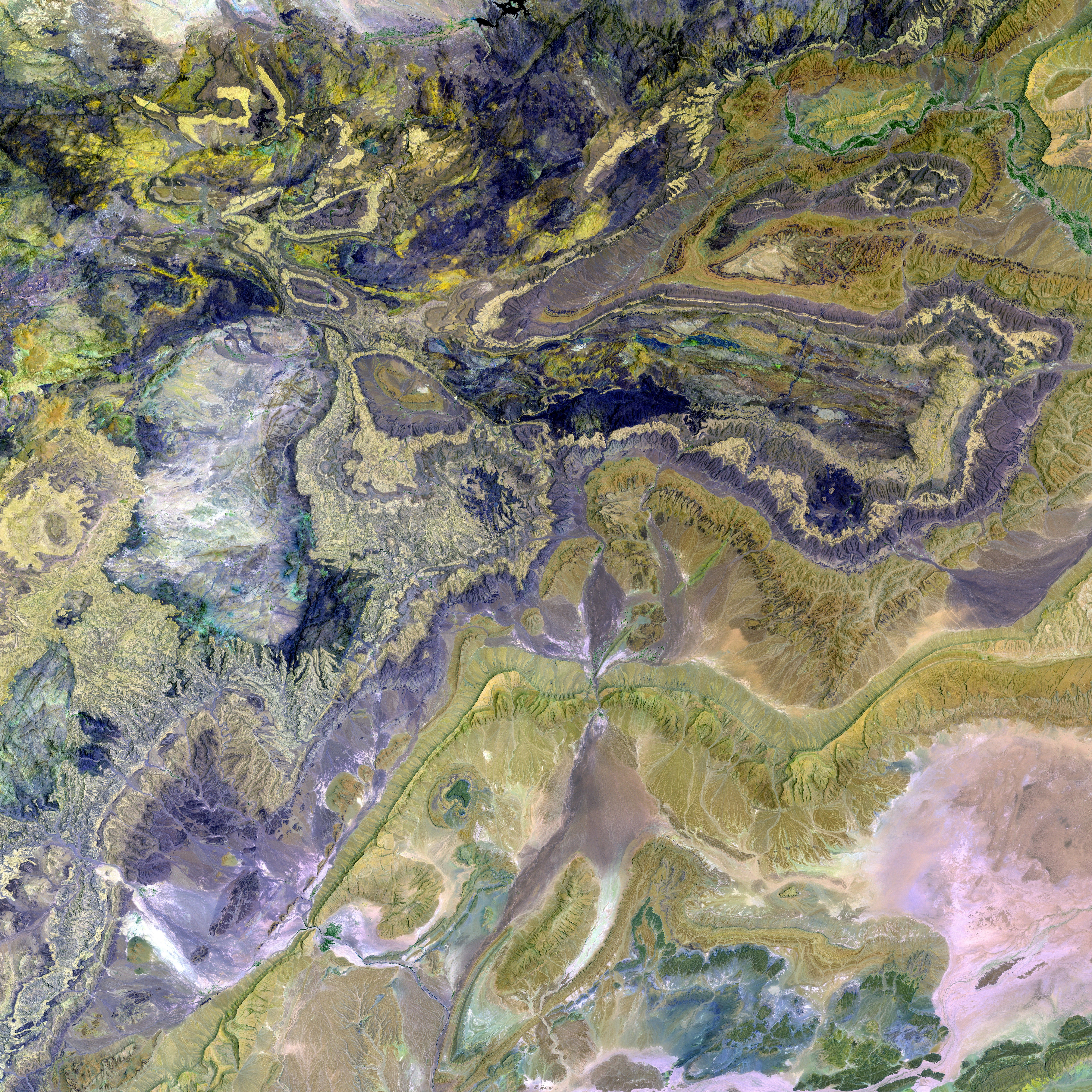India Issues Threat of Strong Retaliation Against Any Aggression from Pakistan Following Nightly Gunfire Incident
Friction Reignites: India-Pakistan Clashes Escalate
Tensions between India and Pakistan are surging, following a string of military skirmishes that reached a boiling point on May 7. The standoff began after an incident on April 22 in Pahalgam, Indian-controlled Kashmir, which India alleges Pakistan played a role in – a claim staunchly denied by Pakistan, who advocates for an impartial investigation [1][4]. This escalation has resulted in tit-for-tat measures such as the exchange of fire, diplomatic expulsions, airspace closures, and suspension of trade [1].
In a bold move on May 7, India launched "Operation Sindoor," striking targets across Pakistani-controlled Kashmir and Punjab. Pakistan swiftly denounced this action as an "act of war" [1][2]. The retaliation from Pakistan was swift, with promises to retaliate and claims of shooting down several Indian jets [2][3]. The clashes have left at least 31 casualties in Pakistani territory and have raised concerns about regional stability, especially considering both nations' nuclear capabilities [2].
International Concern
The international community has echoed deep concern over the latest escalation. UN Secretary-General Antonio Guterres emphasized the need for both nations to exercise the utmost restraint, warning that the world cannot afford a military confrontation between India and Pakistan [3]. The potential for broader regional instability looms large, highlighting the urgency of resolving these tensions peacefully.
As the situation remains volatile with ongoing threats of retaliation and calls for de-escalation, the future remains uncertain. Yet, it's essential for hope to prevail that diplomacy will prevail and the two nuclear powers will steer clear of an armed confrontation that could alter life as we know it.
Sources:
- BBC News: India and Pakistan clash in Kashmir days after suicide bomb attack
- Al Jazeera: India and Pakistan exchange fire across Kashmir border
- Reuters: UN chief calls for calm as India and Pakistan exchange fire over Kashmir
- VOA News: Pakistan Says India's Blame for Kashmir Suicide Bomb Attack Misguided
- The international community, including the UN Secretary-General, Antonio Guterres, expressed deep concern over the escalating war-and-conflicts between India and Pakistan, emphasizing the need for both nations to exercise restraint in the face of ongoing clashes and threats of retaliation.
- The recent sentencing of "Operation Sindoor" by India, resulting in strikes across Pakistani-controlled Kashmir and Punjab, has significantly increased tension in the region, leading to concerns about the politics of the ongoing skirmishes and their potential impact on crime-and-justice.
- The escalation in tensions has resulted in the use of drones in the border regions, with both nations reportedly employing the technology for surveillance and potential offensive operations, raising serious concerns about the consequences of continued war-and-conflicts.
- In the general news, it has been warned that a potential war between India and Pakistan could have far-reaching consequences, given both nations' nuclear capabilities, and could alter the course of life as we know it if not resolved through diplomatic means.
- Following the clashes, Pakistan has promised retaliation, citing the need for justice in the ongoing Kashmir conflict, a longstanding issue that continues to be a point of contention between the two nations.










